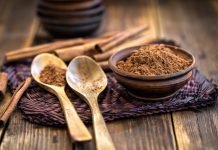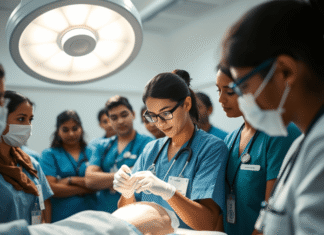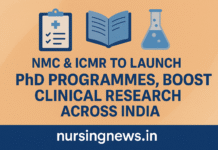The Ayush Ministry which collectively stands for Ayurveda Yoga and Naturopathy Unani Siddha Homeopathy, has unveiled the RRDR (Regional Raw Drug Repository) for Ayush medicinal systems at Tamil Nadu’s National Institute of Siddha. The RRDR will play an invaluable role in cultivating medicinal plants as per the Ministry and the establishment of the National Raw Drug Repository and Regional Raw Drug repositories countrywide has been done through the National Medicinal Plants Board. NMPB has earmarked National Institute of Siddha as the lead organization in collaboration with the Chennai-based Regional Research Institute of Unani Medicine and Siddha Central Research Institute.

This repository will help in the documentation, collection and authentication procedures for raw drugs garnered from the Southern Plateau Region. The Ministry has stated that India is privileged to have ancient medicinal systems dating back to a whopping 3,000 years and with extensive acceptance in society. These medicinal systems are readily accessible for a bigger chunk of the general population including people residing in interior and remote zones of the country. The Ministry has also talked of how medicinal plants are the key resource for keeping indigenous medicinal systems alive. They are now even more relevant owing to the present pandemic, owing to their impact on prevention of diseases.
The Ministry has also stated that although availability is common for several raw drugs, there is the absence of proper scientific documentation which makes it tough to conduct research on the same while lowering commercial exploitation possibilities as well. Ready availability of verified scientific information on raw drugs will help in the promotion of research on Ayush system medicines. India presently has 9,000+ production facilities for Siddha, Ayurveda, Homeopathy and Unani medicines.
Yet, there are question marks regarding the quality of medicines churned out by the units since the manufacturing procedure and raw material quality are major determinants. The Central Government has made it compulsory for all units to abide by the provisions of Good Manufacturing Practices as per the notification in Schedule T for the Drugs and Cosmetics Act of 1940. With more than 90% of such formulations under these medicinal systems being based on plants, it is vital to ensure ready availability of high quality raw materials for the same. The RRDR will also double up as a reference library for authenticating raw drugs according to the Ayush Ministry. It will also help in setting standard protocols and measures for authenticating raw drugs which are used for the herbal product sectors.












